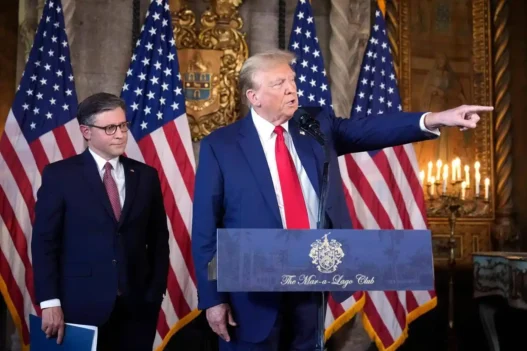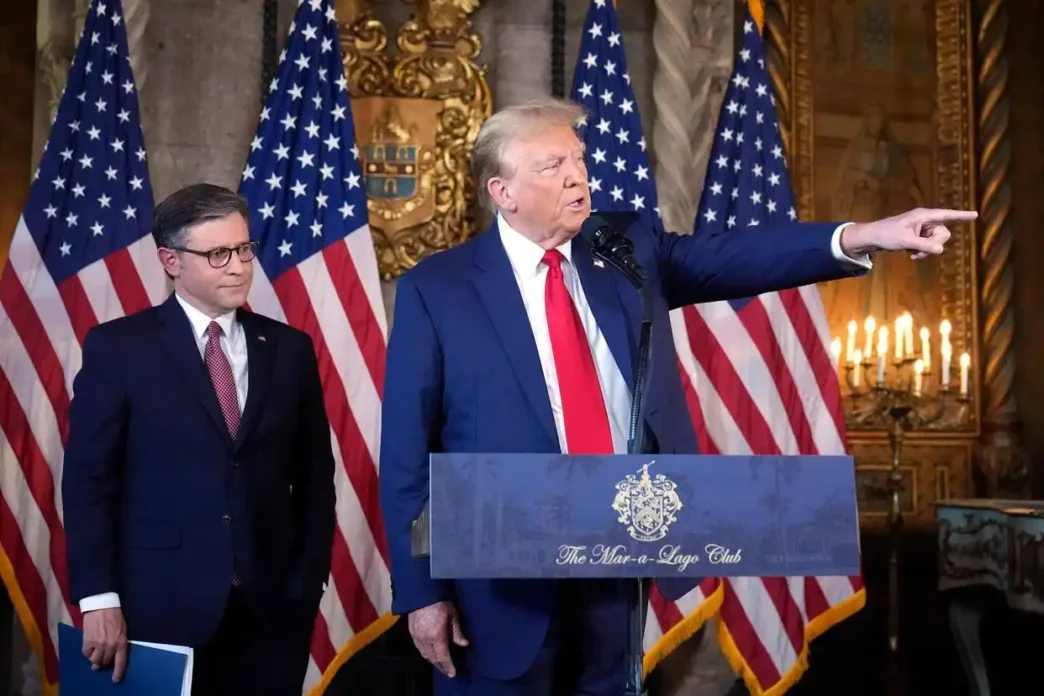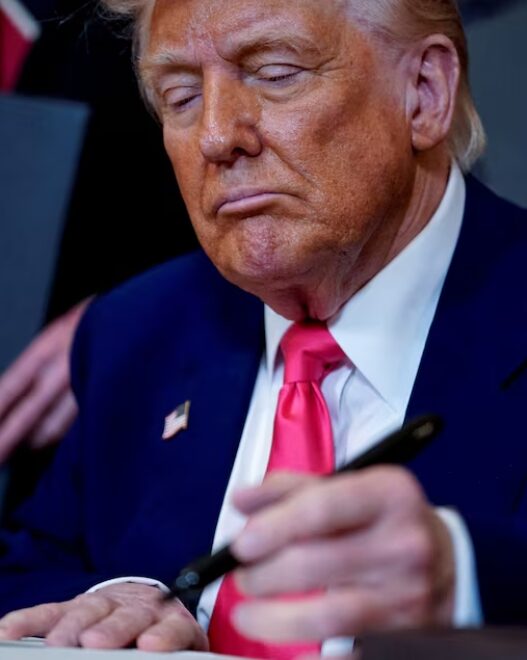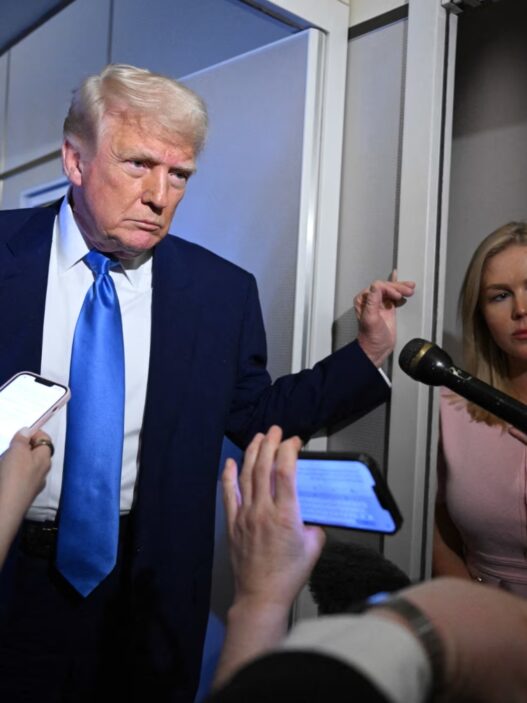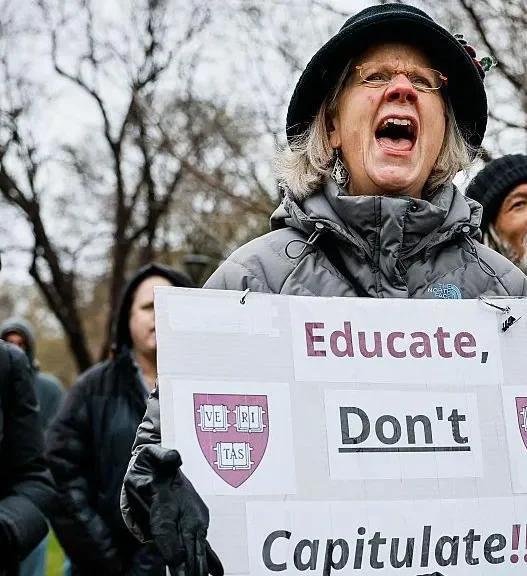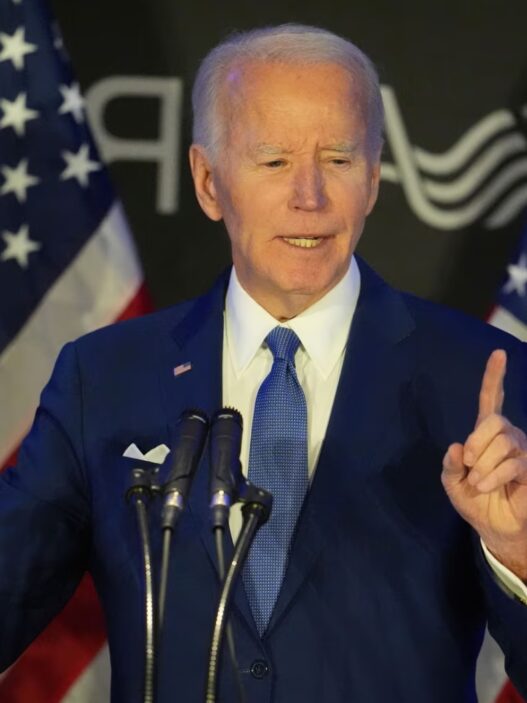President Donald Trump will impose a staggering 104% tariff on all Chinese imports, starting Wednesday. This dramatic move builds upon existing duties established before Trump’s second term began.
Originally, China was already bracing for a 34% tariff hike under Trump’s “reciprocal tariffs” plan. But after Beijing refused to back down from its own threat to impose a matching 34% duty on U.S. goods by noon Tuesday, the president responded forcefully—slapping on an extra 50%, effectively pushing the total tariff to a jaw-dropping 104%.
China Vows to Fight Fire with Fire
Beijing responded with strong words. It promised to “fight to the end” if Trump follows through with a new 50% tariff on Chinese exports.
This threat adds to an earlier 34% tariff proposal. Combined with an existing 20% levy, total tariffs on Chinese imports could reach a stunning 104%.
The White House confirmed the move. “President Trump has a spine of steel,” said press secretary Karoline Leavitt. “And America will not break under his leadership.”
Entrepreneur Elon Musk has reportedly urged Trump to reconsider. In addition, the New Civil Liberties Alliance has filed a lawsuit. It argues the tariffs are illegal and damaging.
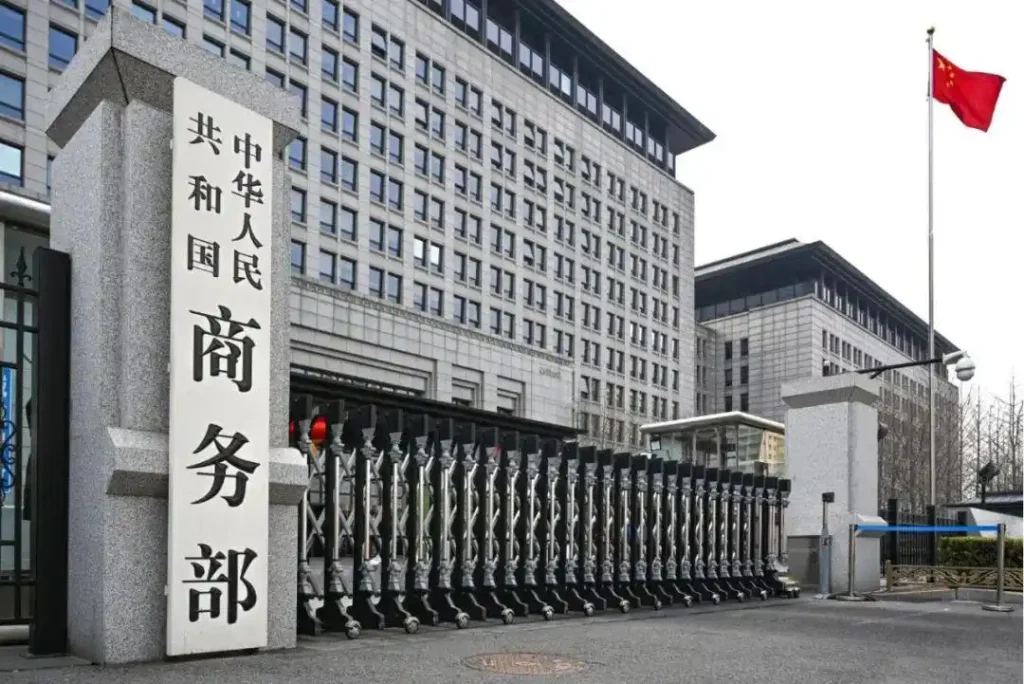
Tariff Math: Complex and Controversial
These new tariffs go beyond last Friday’s flat 10% rate. They are country-specific and based on a unique formula. This formula divides the U.S. trade deficit by twice the total import value.
Economists have slammed the approach. Many believe it lacks fairness and sound reasoning.
The new tariffs include 20% on the European Union, 26% on India, and 49% on Cambodia.
Market Jitters and Wall Street Stumbles
Markets initially recovered Tuesday, after several rough days. U.S. officials tried to reassure investors, hinting the tariffs might be short-lived.
But confidence faded fast. The S&P 500 fell 1.6% to 4,982.77. It dropped below 5,000 for the first time in over a year.
The Dow Jones Industrial Average slipped 0.8%. The tech-heavy Nasdaq Composite sank by 2.2%.
Earlier, the FTSE 100 in London climbed 2.7%. Tokyo’s Nikkei 225 surged 6%. Hong Kong’s Hang Seng Index rose 1.5%.
“Maximum Pressure,” but Room for Negotiation?
U.S. Treasury Secretary Scott Bessent insisted these tariffs represent the “maximum.” But he also expressed optimism about future talks.
He told CNBC, “Some large countries with big trade deficits will likely respond quickly.” He added, “If they bring strong proposals, we can strike solid deals.”
When asked if the tariffs were a negotiation tactic or permanent, Trump replied, “Both can be true.” He clarified, “There can be permanent tariffs. But there can also be negotiations.”
Deals in the Pipeline?
On Tuesday, Trump hinted at progress with South Korea. “Their top TEAM is on a plane heading to the U.S.,” he wrote on Truth Social. “Things are looking good.”
He added that other countries also want deals. “ONE STOP SHOPPING is a beautiful and efficient process!!!” he said. “China also wants to make a deal. But they don’t know how to get it started. We are waiting for their call. It will happen!”
UK Plays Diplomatic Game, Avoids Nationalism
In the United Kingdom, Chancellor Rachel Reeves tried to calm fears. She spoke to Andrew Bailey, governor of the Bank of England. He confirmed that markets are stable and the banking system is resilient.
Reeves told Parliament a trade war helps no one. The UK is actively seeking a new deal with the U.S. Trump’s weekend announcement set a 10% tariff on British exports.
Reeves rejected calls from the Liberal Democrats to launch a “buy British” campaign. “People will make their own decisions,” she said. “We do not want Britain turning inward.”
China Strikes Back – With Words
In a fierce editorial, Xinhua accused Trump of “naked extortion.” The piece mocked the U.S. approach. “I can hit you at will, and you must not respond. You must surrender unconditionally.”
The editorial concluded: “This is not diplomacy. It is blunt coercion disguised as policy.”
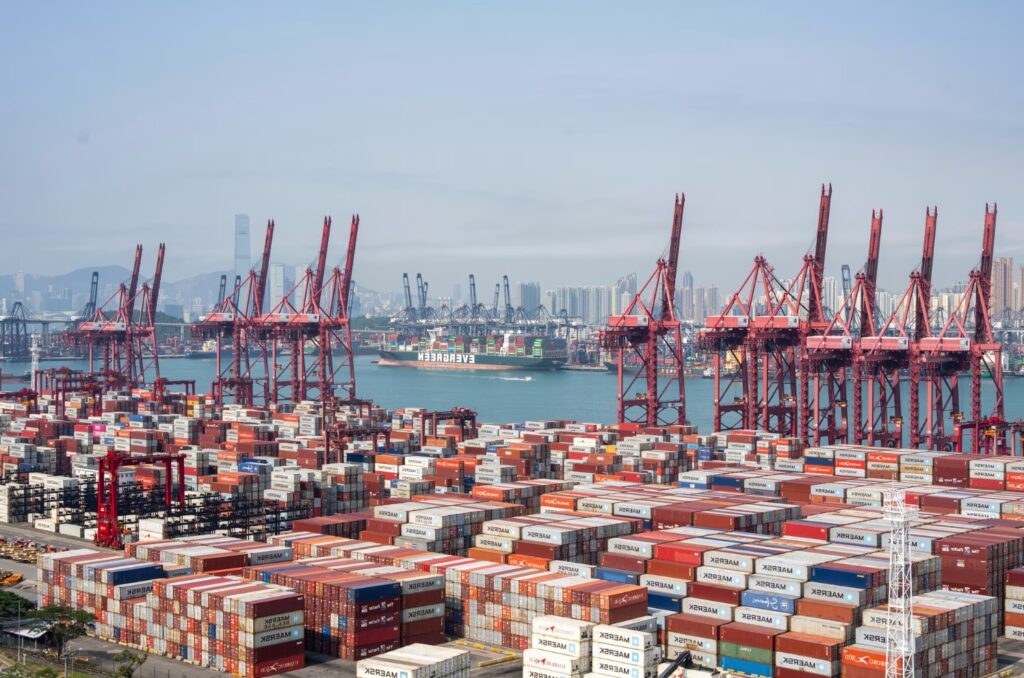
Meanwhile, China’s Foreign Ministry shared a 1987 speech by Ronald Reagan. In the video, Reagan criticizes tariffs. He warns they lead to retaliation and harm the U.S. economy. According to Chinese outlet The Paper, the clip “has new meaning in 2025.”
Trump Bets on Economic Leverage
Treasury Secretary Bessent said China is making a “big mistake” by retaliating. He claimed, “They’re playing with a pair of twos.”
“We export only one-fifth to China of what they export to us,” he explained. “That’s a losing hand for them.”
As trade tensions rise and economies brace for impact, one message rings clear. In this new era, power plays may trump diplomacy.







